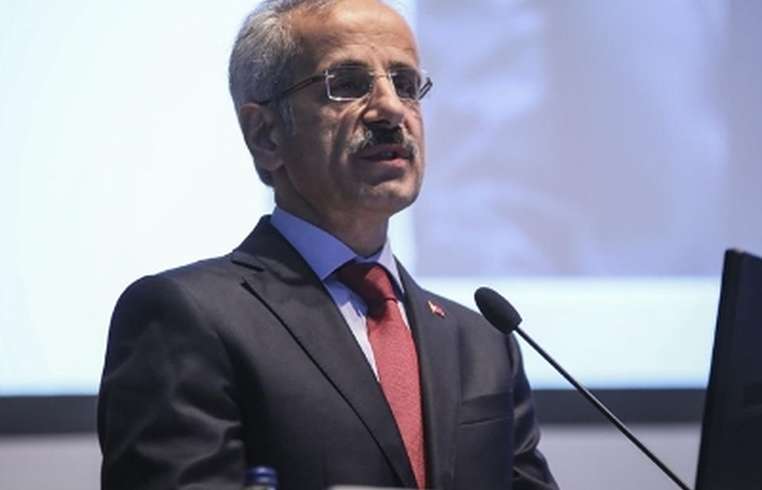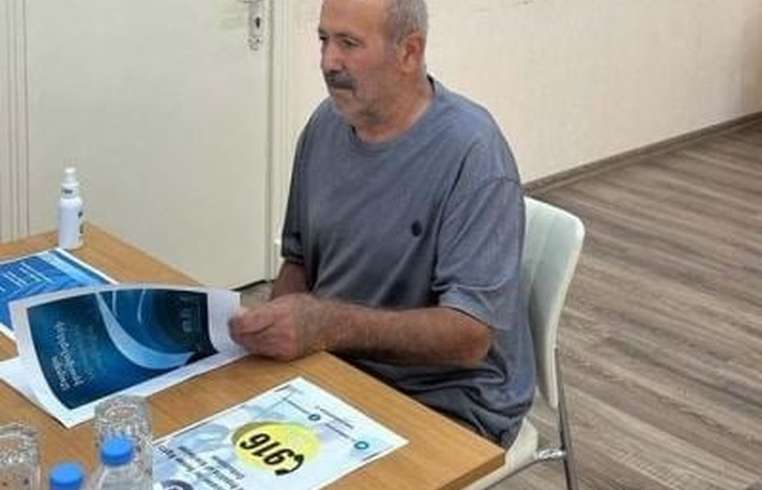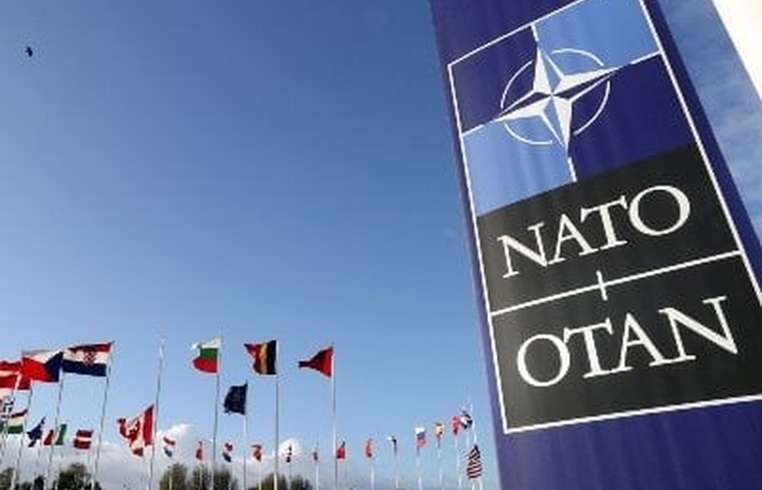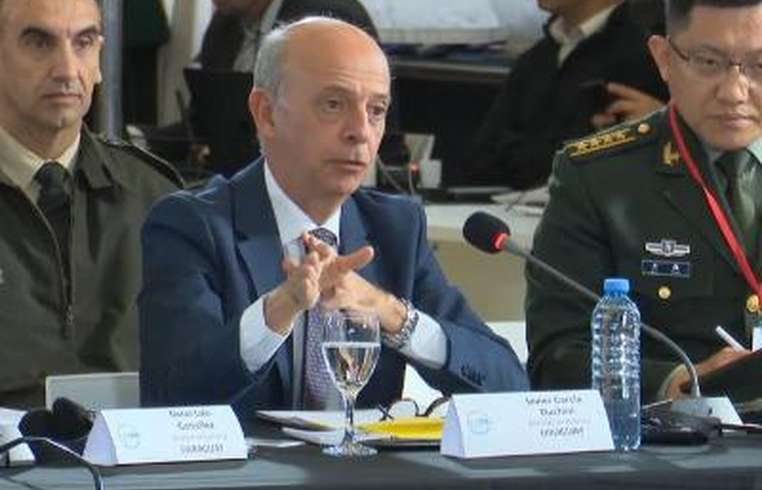
News - Belgium FM attends Armenian Genocide 109th anniversary commemoration event in Brussels (PHOTOS)
Business Strategy
Belgium FM attends Armenian Genocide 109th anniversary commemoration event in Brussels (PHOTOS)
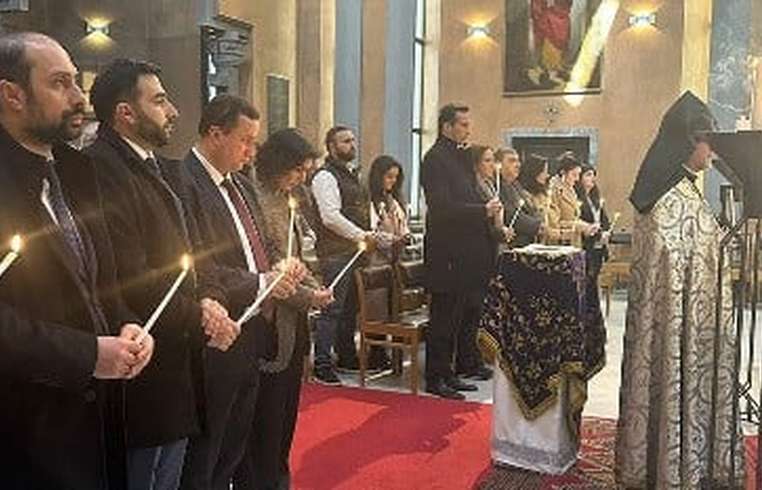
An event commemorating the 109th anniversary of the Armenian Genocide was held in Brussels Tuesday, with the participation of the Minister of Foreign Affairs of Belgium, informed the Embassy of Armenia in Belgium/Mission of Armenia to the EU. A Divine Liturgy dedicated to the 109th anniversary of the memory of the martyrs of the Armenian Genocide was offered at the Apostolic Church of Mary Magdalene of Brussels. Upon the invitation of the Committee of Armenians of Belgium, the liturgy was attended by Minister of Foreign Affairs of Belgium Hadja Lahbib, and Member of the House of Representatives Michel de Maegd. After the liturgy, the attendees marched to the memorial, dedicated to the memory of the victims of the Armenian Genocide, where a candle-lighting ceremony was organized by the "Nairyan" Youth Union of the Free University of Brussels. Very Reverand Father Zadik Avetikyan, pastor of the Armenian Apostolic Church, Armenian Ambassador Tigran Balayan, and Belgian Foreign Minister Hadja Lahbib took the floor to address the participants. In his speech, Ambassador Balayan highly appreciated the presence of the Foreign Minister at the Armenian Genocide commemoration ceremony, which testifies to the commitment of the Kingdom of Belgium to the universal values. Tigran Balayan said: "That tragic page of history is not only the memory of the Armenian people, but also the responsibility of all the humanity to pass along the message of "never again" to future generations. Unfortunately, the crimes committed a hundred years before continue to repeat themselves even today: only months ago, in front of the eyes of the international community, the Armenian endemic population, which had lived in Nagorno-Karabakh for thousands of years, was subjected to ethnic cleansing, being forcibly displaced from their historical homeland. FM Lahbib, expressing her gratitude for the invitation, noted that she came to represent a country that has officially recognized the Armenian Genocide, and that she came, bringing with her also a call for peace, so that the slogan "never again" can be transformed into a meaningful promise with practical steps, to prevent similar failures to happen again. This was followed by a wreath-laying ceremony.


